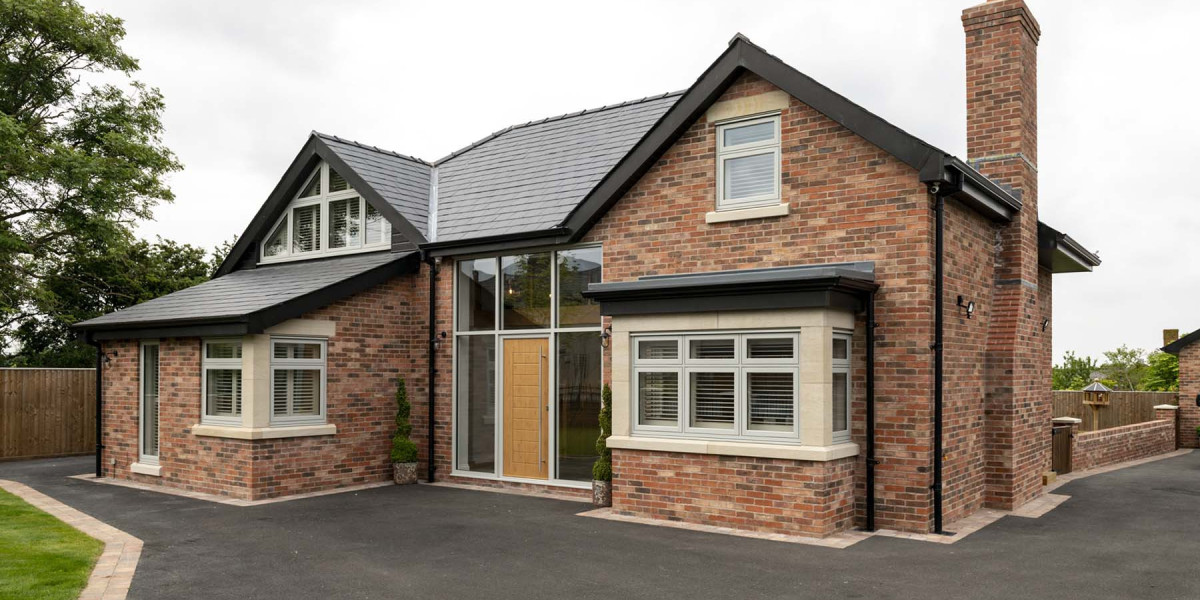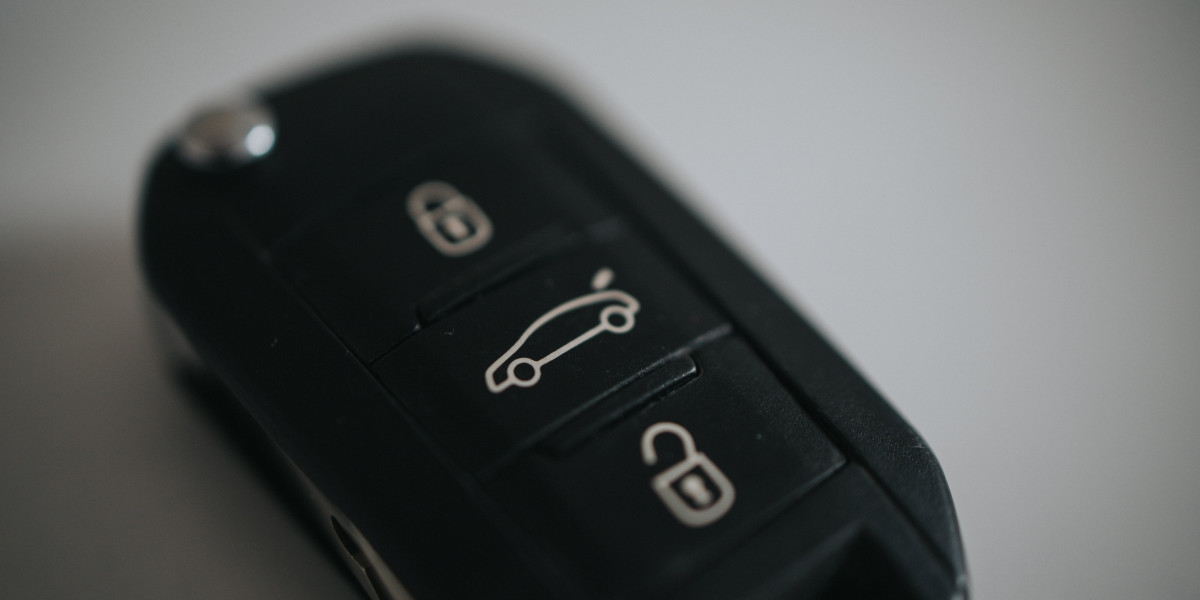Gas Safety Certificates are legally required. It is important to ensure the safety and health of your tenants. It can also prolong the longevity of appliances.
Your engineer will examine the gas appliances and pipework to make sure that they are safe to use. The certificate will be issued by the engineer. If an appliance is classified as immediately dangerous (ID) or At Risk (AR), it must be replaced as soon as possible.
Ventilation
As part of a gas safety check, your engineer will inspect the vents of each appliance to ensure they are clear and free of obstructions. This is important to prevent the build-up of harmful gases within your home, for example carbon monoxide. It is a very harmful gas that can cause poisoning if it builds up in large quantities, so your engineer will be looking for it frequently when they travel around the property.
They will also check chimneys and flues to ensure they are clear of obstructions, properly sealed and capable of releasing gases in a consistent manner. Carbon monoxide, which is a dangerous, colourless and odourless gas is tested at home. It can become dangerously accumulated when not eliminated. This is the reason it's important to have your appliances serviced and inspected annually by an Gas Safe registered engineer.
The gas engineer will examine the safety devices on every appliance to ensure they function correctly. This is designed to cut off gas supply if it loses its flame, as well as to prevent overheating of the appliance. Every landlord should make sure that this safety feature functions properly.
Your gas engineer will examine the pressure of the gas that is supplied to your appliances, as well as checking that all fittings and valves are tight and secure. They will also confirm that the gas used was specified when the appliance was installed.
If there are any problems If there are any issues, your gas engineer will indicate them on the CP12 certificate and suggest what needs to be done to correct them. This document is essential and should be kept in your file to prove that your gas appliances were tested and are safe for use. Gas safety checks are important due to a variety of reasons. They can help you comply with the law and to promote a healthy environment. If you're not getting your CP12 certificates renewed in time, it could be costing you and your tenants in the long run.
Pressure
Carbon monoxide can pose a threat when an appliance that burns gas has not been installed correctly. Engineers will check that there aren't any obstructions or obstructions in the ventilation passages, and also that the appliance is operating correctly. They also ensure that the gas produced is safely released, and aren't creating a toxic build-up inside the home.
 It is possible to shut off the gas if an engineer discovers a fault in the appliance. This will be noted on the gas safety certificate, and any affected tenants should not use the appliance until it is repaired. Landlords must keep a record of the repairs made and renew their gas certificates frequently. It is recommended that these checks carried out by a Gas Safe registered engineer, who can perform the necessary tests and provide an official certificate.
It is possible to shut off the gas if an engineer discovers a fault in the appliance. This will be noted on the gas safety certificate, and any affected tenants should not use the appliance until it is repaired. Landlords must keep a record of the repairs made and renew their gas certificates frequently. It is recommended that these checks carried out by a Gas Safe registered engineer, who can perform the necessary tests and provide an official certificate.Gas safety certificates, also known as CP12s are crucial legal documents that provide information about the property and appliances that were inspected. It contains the date of inspection, the address of property, and name and Gas Safe registration numbers of the engineer that conducted the inspection. It will also detail any issues discovered and provide the steps that should be taken to correct them.
The CP12 will also check if appliances are sealed or open vented. It will also record the gas pressure supply and if the cistern for expansion and feed has a ball valve that is functioning properly. The engineer will also test the efficiency of combustion and determine if the appliance is displaying indications of carbon monoxide.
Although some landlords may think that getting an official gas safety certificate is not necessary, it is a legal requirement in Britain. Furthermore, it helps avoid any injuries or accidents caused by malfunctioning gas appliances and provides a safe living environment for the tenants. It is also beneficial when a property is being either rented or sold, since it indicates that the property meets safety standards. The most efficient method to schedule an inspection of your gas supply is through an online service that can provide an array of Gas Safe registered engineers. Enter the required information and receive an instant quote for your gas safety certificate.
Flues
A flue may be a hollow assembly like a pipe or constructed-up tile pipe or any other non-combustible materials that are used to expel exhaust fumes, smoke, or the fumes generated by heating components such as boilers or hot water heaters. The natural draft of a flue is crucial to the correct operation of these appliances. The gas has to be able escape from the appliance and not recirculate back into the structure. A gas safety engineer will look at the exterior and interior of a flue to make sure that it is properly sealed, that it has no obstructions and that a natural draft is being created.
A licensed engineer will examine the valves and pipes that are connecting to the gas appliances that are connected to the flues. This is because if these connections aren't in line with accepted standards, then there could be dangerous gas leaks which aren't easily identified. To prevent carbon monoxide buildup it is crucial to keep the gas supply and outlet clean.
A certified engineer will record any defects or faults with the gas installation along with its appliances and appliances on a certificate of gas safety. Then, when they return to the property they'll be able to fix the issues and bring everything back up to standard. Landlords are required to get a gas safety certification for any rental property they own. This is to ensure that tenants are safe from any heating or gas related accidents.
Gas safety certificates aren't required in law, but many homeowners opt to obtain these certificates for the benefits they offer. Peace of mind is just one benefit, as is knowing that the heating system in their home is working properly. In addition, some homeowners insurance policies require they have gas safety certificates in order to be valid. Having a gas safety certificate can help homeowners save money on their home insurance premiums and other related expenses.
Appliances
One of the most important sections of gas safety certificates is the listing of each appliance and installation that was inspected. Each entry will note the manufacturer, model and the location of each item, in addition to whether it passed or failed the test. In some cases the failures will include notes on the issue and suggestions for taking further action. For instance, mkgassafety.Co.uk if an appliance was found to be leaking carbon monoxide (CO) The engineer will suggest that it be replaced as soon as possible.
In addition to inspecting the appliances as well, the engineer will inspect the flues to make sure that they are clear of obstructions, and that gasses are released regularly. This attention to detail is vital as CO poisoning can occur if the dangerous gas cannot be expelled from the premises.
Landlords are required to have gas appliances and their infrastructure inspected annually. This is a legal requirement that must be fulfilled or the landlord can face serious consequences. Many landlords take gas safety very seriously and do everything they can to shield their tenants from gas accidents.
Gas safety certificates are issued by Gas Safe registered engineers following an inspection of a home's gas system. The document is also called a Landlord Gas Safety Record or a CORGI Certificate. The document includes the name and registration number of the engineer who performed the inspection, as well as the address at which the tests were carried out.
The gas engineer will make sure that appliances are safe to use and comply with current regulations. They will test for leaks, verify that there is adequate ventilation, measure the gas pressure, and more. They will also examine the flues to make sure that combustible gases are being safely expelled and check the performance of the appliance, including combustion efficiency.
If an appliance fails to pass the tests it will be classified as immediately Dangerous (ID) or At Risk (AR). These appliances should not be used and they should be replaced as fast as possible. The gas engineer will disconnect the appliance from the gas supply if they find a defect they cannot fix. The reason for this will be noted on the certificate.







